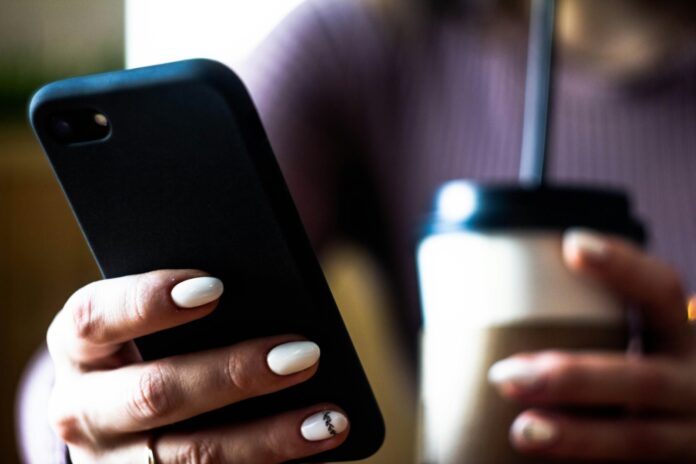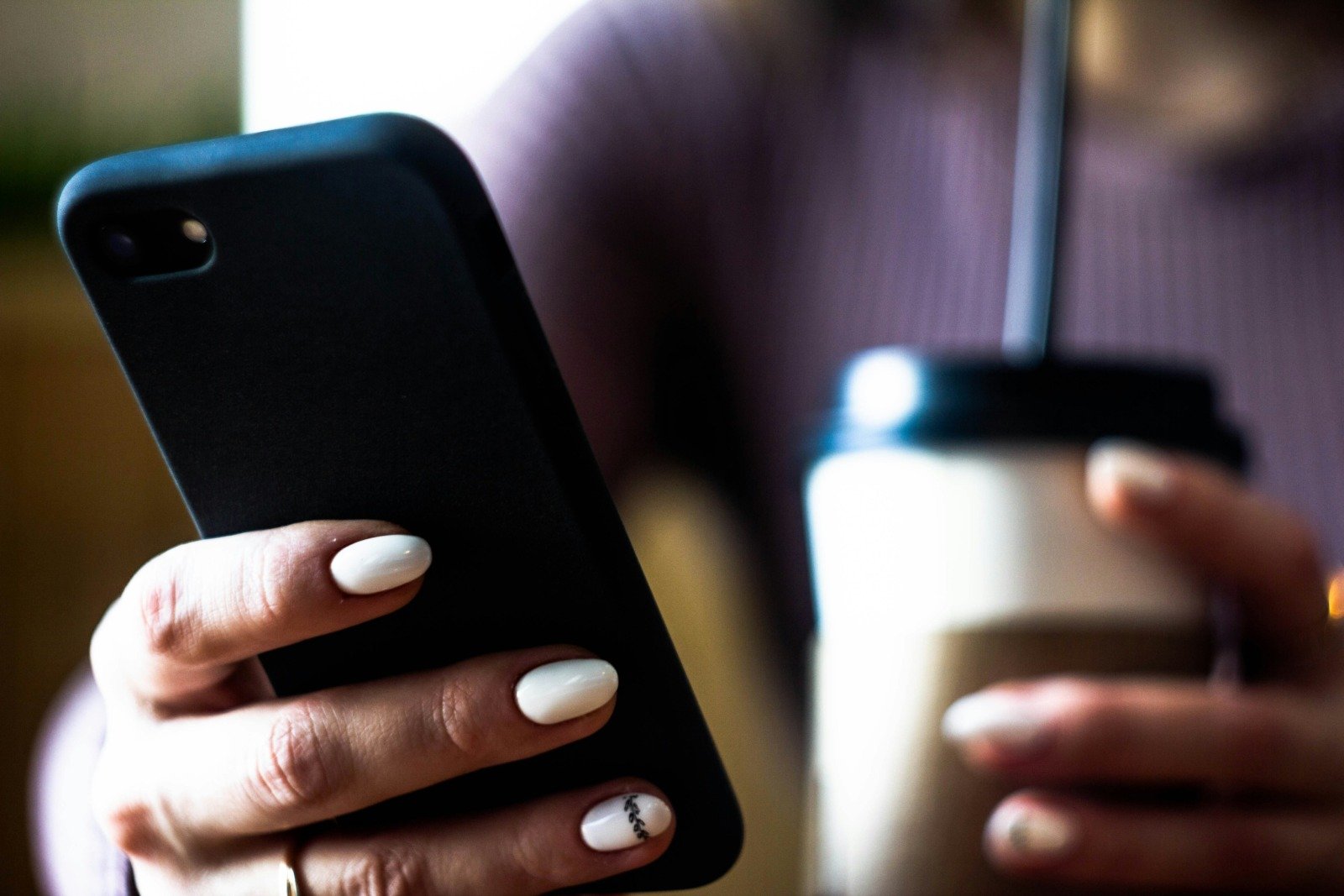
Most of the time, I don’t have a hard time choosing which health topic I want to write about. I usually choose based on what’s happening during the week when I’m training my clients. Often times, clients ask very specific questions and I answer in great detail, eliciting responses like, “Wow, I didn’t know that,” or “I wish someone had told me that years ago.”
This week I was heavily influenced by an issue I’ve been having with my own extended family: too much screen time. My niece, who is almost 13, has been experiencing some setbacks (missing schoolwork, inability to concentrate, communication issues, lack of interest in activities she once really enjoyed, withdrawal, etc.) that happen from time to time, especially when she’s growing up.
But her mother, my sister, became increasingly concerned and decided it was time to take away her phone. Even though the phone was already heavily monitored and had lots of parental controls, she noticed that she was spending more and more time on it – more texting, more YouTube, more gaming.
My sister realized that not only her daughter but the whole family needed a digital detox, and things have been slowly improving ever since.
A digital detox is a period of time when you intentionally refrain from using digital devices.
Temporarily avoid using devices such as smartphones, computers, tablets, and the internet. The goal is to disconnect from the digital world and focus on real-world interactions and activities. This temporary break can last from a few hours to a few days, depending on your personal needs and circumstances.
Why is a digital detox important?
Long exposure to digital screens and social media can have a significant impact on mental health issues. Studies have shown that excessive use of social media can lead to increased anxiety, depression and loneliness. A 2023 report from the Royal Society for Public Health found that young people who spend more than two hours a day on social media are more likely to report poor mental health.
The blue light emitted from screens can disrupt your body’s natural sleep-wake cycle. This disruption can lead to poor sleep quality and insomnia. A digital detox, especially before bedtime, can help restore your natural sleep patterns and improve your overall restfulness.
Constant notifications and digital distractions divide our attention and reduce productivity. Stepping away from digital devices allows individuals to focus better and engage more deeply in tasks and conversations, improving performance in both personal and professional spheres.

Digital communication is convenient, but it often lacks the depth and nuance of face-to-face interactions. Stepping away from screens allows for more meaningful face-to-face interactions that strengthen relationships.
How often should you detox?
The frequency of your digital detox will vary depending on your personal needs and lifestyle. Some people benefit from a daily digital disconnect during meals or before bed. Others prefer a longer detox, such as a digital-free weekend or vacation. To maintain a healthy balance between your online and offline life, experts recommend taking regular short breaks throughout the day and scheduling a longer detox period at least once a month.
5 ways to digitally detox:
- Create specific areas or times in your home where digital use is prohibited, such as the dining room or bedroom. This practice will encourage more mindful use of technology and foster uninterrupted time with family and friends.
- Engage in a hobby or activity that doesn’t involve looking at a screen, such as reading a book, gardening, or playing a musical instrument. These activities will leave you feeling refreshed and rejuvenated.
- Incorporate mindfulness exercises and meditation into your daily life: these practices can reduce stress, increase mental clarity and help you disconnect from digital distractions.
- Set daily time limits on social media apps and consider using features to monitor and limit screen time, which can help curb the urge to check social media too often and reduce the impact on your mental health.
- Consider attending a digital detox retreat, where all participants agree to unplug from their devices. These retreats provide a structured environment where you can step away from your digital detox and focus on your wellbeing through activities like yoga, meditation, and nature walks.
As our lives become increasingly dominated by screens, digital detoxes are no longer just a fad, but a necessary habit to maintain our mental and emotional health. By consciously stepping away from our devices, we can reclaim our time, improve our mental health, and reconnect with the world around us. So, is it time to start a digital detox? Your mind and body might thank you.

References:
Royal Society for Public Health (2023) “Social media and young people’s mental health”
JAMA Psychiatry. (2022) “The relationship between social media usage time and mental health”
“youth”
Pew Research Center (2022). “Teens, Social Media, and Technology 2022.”

